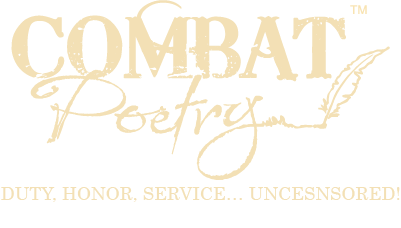@agustint79
Profile
Registered: 8 months ago
Learn how to Forestall Frozen Pipes in Winter: Plumbing Tips for Cold Climate
Frozen pipes are probably the most frequent and costly problems homeowners face throughout winter. When water inside a pipe freezes, it expands, doubtlessly causing the pipe to burst and lead to extensive water damage. Luckily, with a number of preventative steps, you possibly can protect your plumbing and keep away from emergency repairs. Here are the most effective suggestions for stopping frozen pipes in cold weather.
1. Insulate Your Pipes
Insulating exposed pipes is among the simplest and only ways to stop freezing. Use foam pipe insulation sleeves or wrap pipes with heat tape, particularly in unheated areas like basements, attics, crawl spaces, and garages. Pay particular attention to pipes running along exterior walls, as these are more inclined to cold air. Even a thin layer of insulation can help retain enough heat to keep water from freezing.
2. Keep Your Home Warm
Sustaining a consistent temperature inside your home during the winter helps protect your plumbing system. Set your thermostat to at least fifty five°F (13°C), even whenever you’re away from home. While it could enhance heating costs slightly, the expense is minor compared to repairing burst pipes. Guarantee all rooms, together with these with plumbing, are adequately heated.
3. Let Faucets Drip
Permitting faucets to drip slightly can relieve pressure within the pipes and help prevent freezing. Running water, even at a trickle, is less likely to freeze. This is particularly useful for pipes which can be vulnerable and located near exterior walls. Focus on both hot and cold taps in key locations, particularly earlier than a deep freeze or overnight cold snap.
4. Open Cabinet Doors
Opening cabinet doors in your kitchen and toilet allows warm air to circulate around plumbing fixtures. This is particularly vital for sinks located on exterior walls. The additional warmth helps prevent the water supply lines from freezing. Just remember to remove any dangerous cleaners or chemical compounds when you've got children or pets within the home.
5. Seal Cracks and Drafts
Cold air can seep into your home through cracks and gaps, particularly around pipes where they enter walls or floors. Use caulk or spray foam to seal these areas and stop cold drafts from reaching your plumbing. Also, check doors, windows, and vents for leaks and add weatherstripping if needed. The less cold air that enters your home, the lower the risk of frozen pipes.
6. Disconnect and Drain Outside Hoses
Outside hoses and faucets are extremely vulnerable to freezing. Earlier than the temperature drops, disconnect garden hoses and store them indoors. Shut off the valve to outdoor faucets if available, then drain any remaining water from the spigot. You may also set up insulated faucet covers for added protection.
7. Use a Space Heater for Vulnerable Areas
If certain areas of your home, like basements or crawl spaces, are prone to cold temperatures, consider utilizing a space heater with built-in safety features. Place it safely away from flammable supplies and monitor it regularly. A small quantity of heat in key areas can go a long way toward keeping pipes above freezing temperatures.
8. Know The place Your Shut-Off Valve Is
In case a pipe does freeze and bursts, knowing learn how to quickly shut off your main water provide can prevent additional damage. Locate your home’s fundamental shut-off valve and guarantee everybody within the household knows easy methods to use it. Consider labeling it clearly for emergencies.
9. Consider Pipe Heating Cables
Pipe heating cables are electric-powered cords that wrap around pipes and provide a constant source of warmth. These are ideal for pipes that are tough to insulate or are in areas prone to freezing. They come with thermostats to control temperature automatically, offering added peace of mind.
10. Schedule a Professional Inspection
Hiring a plumber to examine your pipes earlier than winter hits can save you from costly repairs. A professional can identify risk areas, recommend insulation upgrades, and guarantee your plumbing is winter-ready.
By taking proactive measures, you may significantly reduce the chances of frozen pipes and protect your home from water damage this winter. Consistent attention and preparation are key to a safe and comfortable cold season.
If you beloved this post and you would like to get more information relating to Leak detection kindly visit the site.
Website: https://pipeworx-plumbers.co.uk/
Forums
Topics Started: 0
Replies Created: 0
Forum Role: Participant
